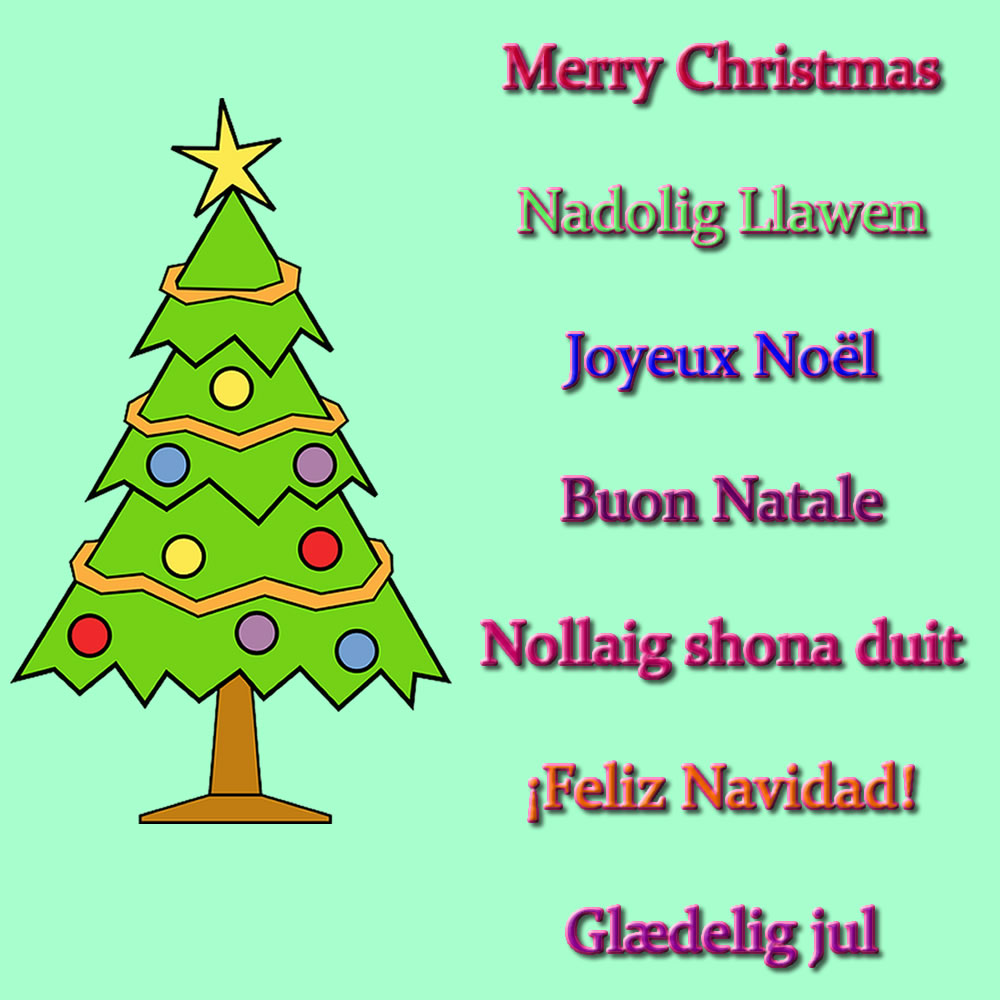The Italian words pasto and pasta look and sound similar, but are they related? Let’s find out.
Pasto [ˈpa.sto] means meal, and comes from Latin pāstus (fed, nourished, consumed, pastured, satiated, satisfied), from pāscor (to feed oneself, to eat, graze, feed, nourish, pasture, browse, from Proto-Italiac *pāskōr (I am fed, driven to pasture) from Proto-Indo-European *peh₂- (to protect, ward, shepherd) [source].
Words from the same roots include feed, fodder, food, pasture and repast in English, paître (to graze), repas (meal), and possibly pain (bread) in French, pascere (to graze) in Italian, and pasto (pasture, lawn, grass) in Spanish [source].
Pasta [ˈpa.sta] in Italian means dough, pastry, pasta, cake or paste, and can also refer to the nature or mo(u)ld of a person, e.g. sone tutt’e due delle stessa pasta = they’re both cast from the same mo(u)ld [source].
Here are some examples of how the word pasta is used in Italian:
- pasta in brodo = noodle soup
- pasta fatta in casa = home-made pasta
- pasta frolla = shortcrust pastry
- pasta sfoglia = puff pastry
- pasta all’uovo = egg pasta
- pasta dentifricia = toothpaste
- pasta di mandorle = almond paste
It comes from Late Latin pasta (paste, pasta), from Ancient Greek παστά (pastá – barley porridge), from παστός (pastós – sprinkled with salt), from πάσσω (pássō – to sprinkle), from Proto-Indo-European *(s)kʷeh₁t- (to shake).
Words from the same roots include παστός (pastós – salted, preserved with salt, corned) in Greek, quash (to defeat decisively, suppress, void) in English, quassare (to shake, agitate) in Italian, casser (to break) in French, and , cascar (to crack, split) in Spanish [source].
In British English, pasta refers to Italian pasta, that is, dough made from wheat and water and sometimes mixed with egg and formed into various shapes; often sold in dried form and typically boiled for eating [source]. Types of Italian pasta include calamarata, cannelloni, farfalle, fettuccine, fusilli, gnocchi, lasagne, linguine, macaroni, orecchie d’asini, orecchiette, penne, radiatori, spaghetti, tagliatelle, tortellini, vesuvio, and vermicelli [source].
One of those types of pasta I made up. Do you know which one?
In American English, the word noodle(s) apparently can refer both to Italian pasta, and Asia noodles, while in the UK, noodle(s) normally only refers to Asia noodles, such as Japanese ramen. What about in other varieties of English?








